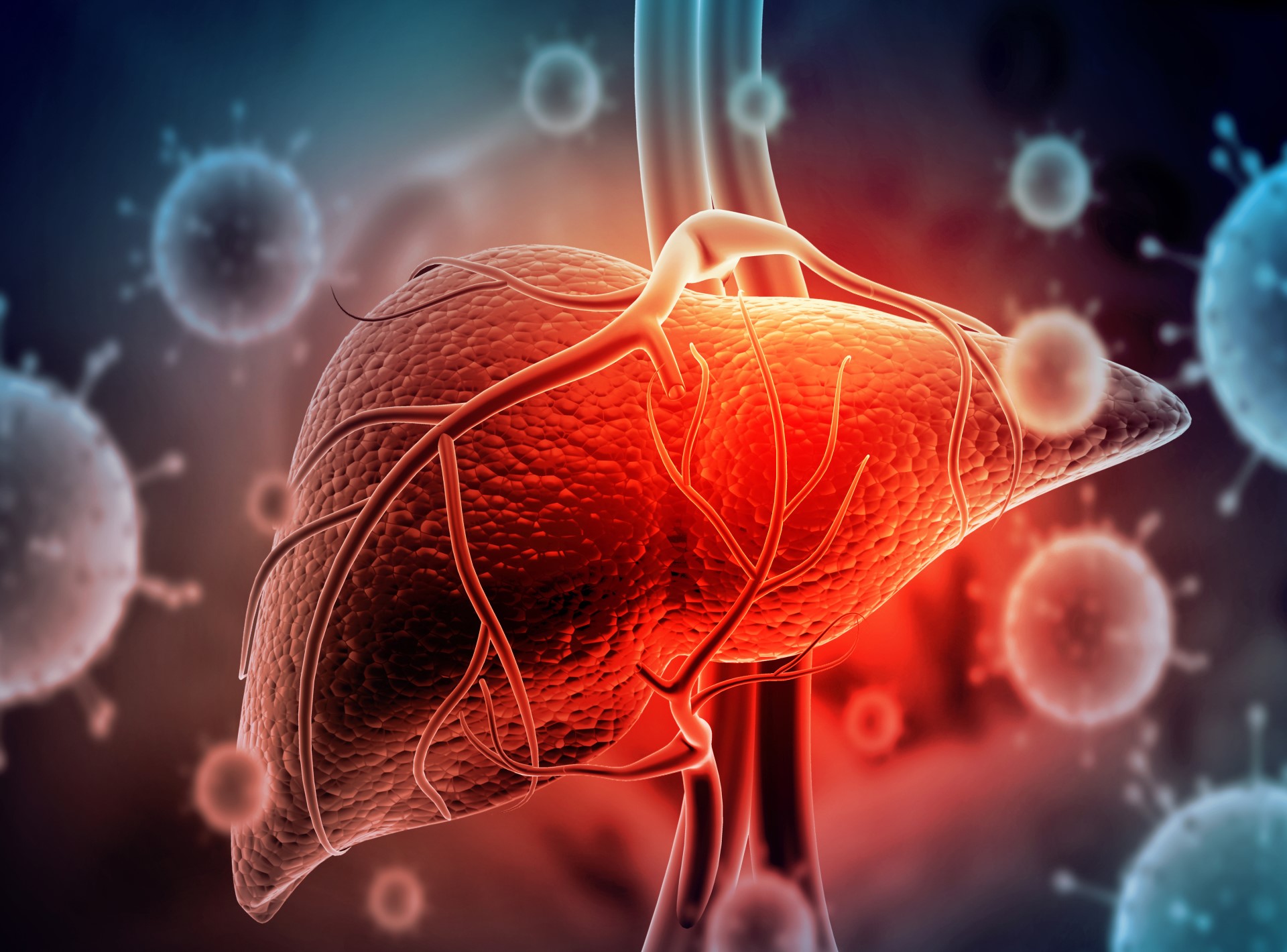
A patient has been successfully implanted with cloned liver cells from a donor, with the specific aim of growing a ‘mini-liver’ inside their lymphatic system.
LyGenesis, a US-based clinical-stage biotechnology company, said the first-in-class allogenic regenerative cell therapy was transplanted into one of the patients’ lymph nodes as a potential treatment for end-stage liver disease for people whose livers are failing but they have not yet received an organ transplant.
CEO Dr Michael Hufford said that in several months the cells would multiply and take over the lymph node to form a structure that could perform the blood-filtering duties of the person’s failing liver.
“In a medical first, we have now dosed our first patient in a clinical trial using their own lymph nodes as living bioreactors to regenerate an ectopic organ,” he said.
“This therapy will potentially be a remarkable regenerative medicine milestone by helping patients with ESLD grow new functional ectopic livers in their own body. If our study is successful and we obtain FDA approval, our allogenic cell therapy could enable one donated liver to treat many dozens of ESLD patients, which could help to tilt the current organ supply-demand imbalance in favour of patients.”
Most often, ESLD is the result of cirrhosis, where scar tissue replaces healthy liver cells, leading to irreversible changes in the anatomy and function of the hepatic tissue until the person reaches various stages of liver failure. Up to half of all ESLD patients who could benefit from a standard liver transplant are medically ineligible for one, and in the US, approximately 12% of patients on the transplant wait list die annually.
The company hopes the new treatment could make use of donated livers that would otherwise go to waste if a person with a compatible health profile was not already on the transplant waiting list.
The procedure delivered the donor cells through a tube in the throat, injecting them into a lymph node near the liver, and Dr Hufford said that the person who first received the treatment last month was recovering from the procedure and had already been discharged from the clinic, based in Pittsburgh, Pennsylvania.
Lymph nodes were ideal for growing mini-livers, Dr Hufford said, because they received a large supply of blood and there were hundreds of them throughout the body, so if a few were used to generate mini livers, plenty of others could continue to function as lymph nodes.
The treatment has so far worked in mice, dogs, and pigs.
Dr Hufford said ectopic livers showed remarkable histologic features of swine hepatic lobules, including the formation of sinusoids and bile ducts.
“However, here’s reason to think that the organs will not grow indefinitely in the lymph nodes. The mini organs rely on chemical distress signals from the failing liver to grow; once the new organs have stabilized blood filtering, they will stop growing because that distress signal disappears,” he said.
“But it’s not yet clear precisely how large the mini-livers will become in humans.”
LyGenisis aims to enrol 12 people into the phase II trial by mid-2025 and publish results the following year, measuring participant safety, survival time, and quality of life post-treatment, as well as establishing the optimum number of mini-livers to stabilize someone’s health – injecting liver cells in up to five lymph nodes within one patient to determine whether the extra organs can boost efficacy.

